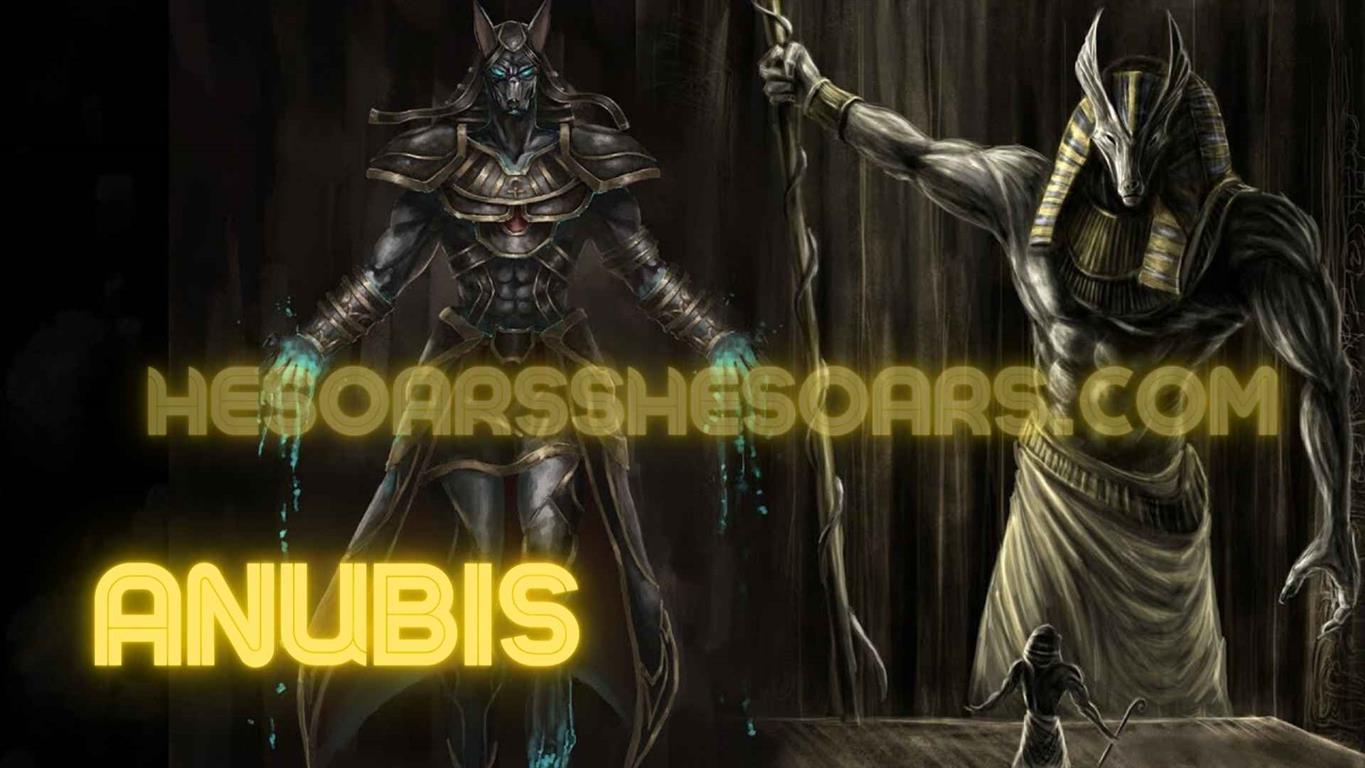Introduction Anubis
Anubis is best known as the god of mummification and the afterlife, responsible for weighing souls and guiding them into the hereafter. Often depicted as a jackal-headed man or as a full jackal, Anubis’s imposing figure stands as a symbol of the mystical and unknown realms that the Egyptians associated with death. This article will delve into the various facets of Anubis, including his origins, roles, and significance in Egyptian culture.
Origins
Anubis is an ancient god, with his worship dating back to the predynastic periods of Egypt. He was originally the primary god of the underworld before the rise of Osiris. The jackal, a scavenger animal often seen in cemeteries, was symbolic of death and decay, making it an appropriate form for Anubis.
Role in the Afterlife
Anubis played a crucial role in the process of mummification, a practice considered vital in ancient Egyptian beliefs about the afterlife. It was Anubis who taught humans the art of mummification, according to the myth.
In funerary practices, priests wearing a mask of Anubis would conduct the mummification process. This ritual prepared the soul for the final judgment, where Anubis would weigh the heart of the deceased against the feather of Ma’at, the goddess of justice and order. If the scales balanced, the soul was pure and worthy of eternal life.
Anubis and Osiris
The rise of Osiris, another god associated with the afterlife, resulted in a shift in Anubis’s role. Osiris took over as the god of the underworld, but Anubis retained a crucial role as the god’s assistant. Together, they ensured the smooth passage of souls through the treacherous journey to the afterlife.
Iconography
this gods one of the most easily recognizable Egyptian gods, often depicted as either a full jackal or a man with the head of a jackal draped in a simple robe. The color black was commonly associated with him, symbolizing both decay and the fertile soil of the Nile, which represented rebirth and life.
Legacy
The legacy of Anubis persists today, not just in the realm of mythology but also in popular culture. He appears in literature, movies, and even video games, often portrayed as a mysterious, dark figure associated with death but also as a guide and protector of souls.
Conclusion Anubis
this god become the ancient Egyptian god of the afterlife, has captured imaginations for millennia. His dual role as both a symbol of death and a protector ensures that he remains a figure of fascination and reverence.but As we continue to explore the mythologies of ancient civilizations.
The story of this god isn’t just a tale from a bygone era; it’s a testament to the timeless quest to understand the unknown,but making him a figure that continues to intrigue us to this day.


